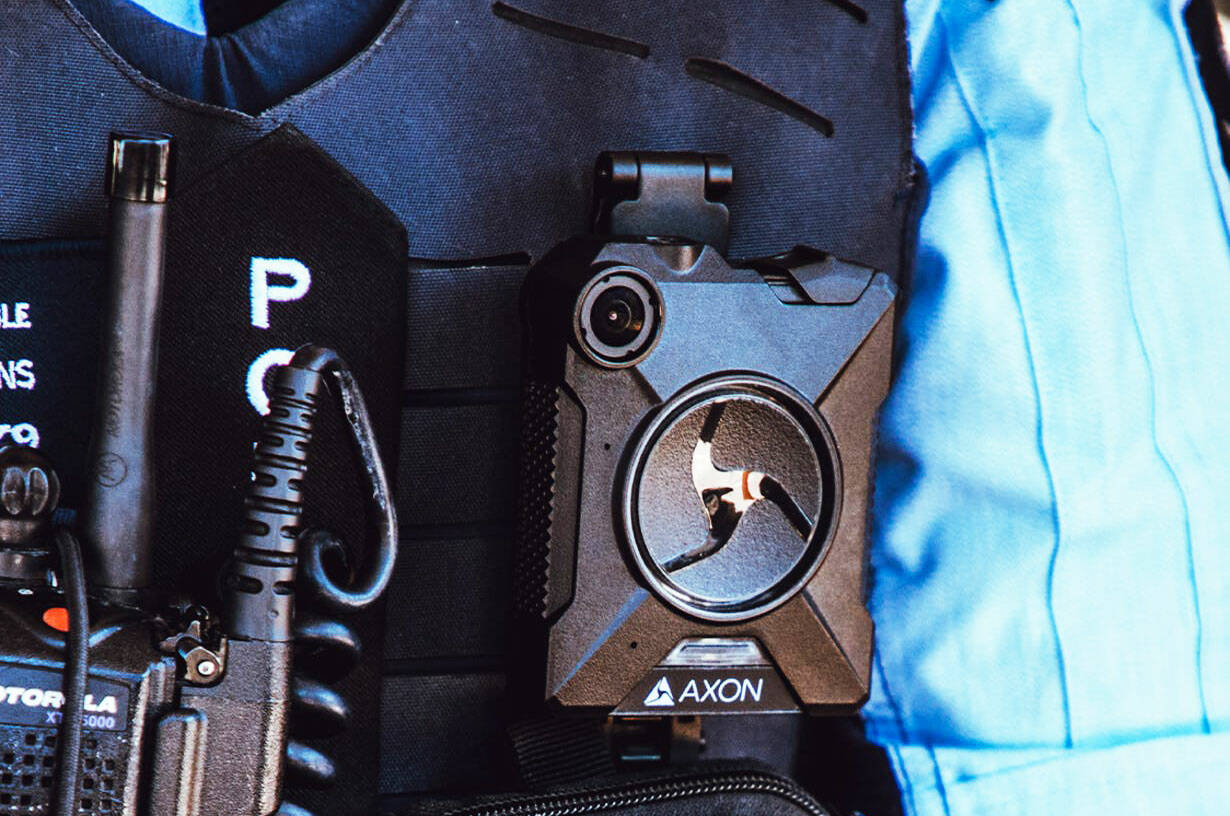In a letter sent to the King County Council on Nov. 9, King County’s Office of Law Enforcement Oversight (OLEO) wrote that while it supports the Sheriff’s Office adopting a body-worn camera policy, the current policy is insufficient.
“Community, legal, and civil rights organizations have made it clear: investing millions of dollars into Body-Worn Cameras is only worth it if it is accompanied by strong policies and safeguards,” said Tamer Abouzeid, OLEO Director. “At this point in time, we do not believe the policy is one that meets the standards set by our communities or best practices.”
The Sheriff’s Office consulted OLEO during the drafting and negotiation of the policy, however, due to outstanding issues, OLEO continues to recommend changes to the policy and does not endorse it as-is.
In response to a request from the King County Council, OLEO identified the key outstanding issues with the policy.
According to OLEO, the first issue involves the timing of when deputies may view their recordings. OLEO recommends that for certain types of incidents—incidents involving a serious use of force; incidents resulting in a member of the community alleging that they have been injured; or incidents where a deputy has been informed that a member of the community has filed or is planning to file a complaint—deputies must not be allowed to view recordings until they have been interviewed by the appropriate personnel.
The OLEO said for other incidents, a statement replaces the interview, but it must still be prepared before a deputy watches any recordings. In either case, after a deputy is interviewed or, in the case of minor complaints, submits a statement, they may view recordings and, if they wish, append or amend their statements.”
The second issue, according to OLEO, is the presence of provisions that give deputies discretion on whether to activate their cameras, for example “when there is an articulable exigent circumstance that would justify a [deputy’s] decision to record or not record.”
OLEO stated that they understand the need for some flexibility, however, the office believes these exceptions are too expansive and ambiguous, severely undermining other provisions requiring recording. Ultimately, flexibility can be exercised later during the review, retention, redaction, and release phases.
In addition to its views on the new policy, OLEO also shared with the King County Council a letter it sent to Sheriff Patti Cole-Tindall regarding the adoption of a video-release policy. That letter recommends to the Sheriff’s Office the adoption of a policy that promotes transparency, accountability, and consistency. The policy recommends releasing video evidence within 72 hours or, in certain specific circumstances, as soon as feasible; this benchmark has already been adopted in Dallas, Texas.
Talk to us
Please share your story tips by emailing editor@kentreporter.com.
To share your opinion for publication, submit a letter through our website https://www.kentreporter.com/submit-letter/. Include your name, address and daytime phone number. (We’ll only publish your name and hometown.) Please keep letters to 300 words or less.

